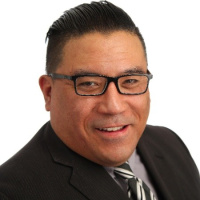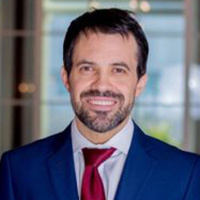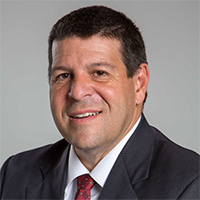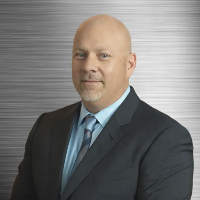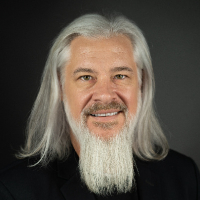Moapa Misdemeanor Lawyer, Nevada
Sponsored Law Firm
-
 x
x

Click For More Info:
-
Hofland & Tomsheck Attorneys at Law
228 South 4th St Las Vegas,NV 89101» view mapCriminal Defense, DUI/DWI, Personal Injury Las Vegas Criminal Defense Lawyer
We know your freedom & future hang in the balance in and we take our responsibility to represent you seriously.We will do everything possible to defend you.
800-653-0570
Not enough matches for Moapa Misdemeanor lawyer.
Below are all Moapa Criminal lawyers.
Jeremy G. Mondejar
✓ VERIFIEDJeremy Mondejar is a practicing lawyer in the state of Nevada handling Criminal Defense matters.
Joshua Tomsheck
✓ VERIFIEDAttorney Josh Tomsheck is a Partner in the Las Vegas Trial Lawyer firm of Hofland & Tomsheck and heads both the Criminal Trial and Personal Injury Pra... (more)
Nick Wooldridge
✓ VERIFIEDAre you or a loved one facing criminal allegations? Are you or your business being investigated by the authorities? Or do you have reason to believe t... (more)
Corey B. Beck
✓ VERIFIEDThe Law Firm of Corey Beck comes to you with 25 years of experience serving the state of Nevada. Corey is a trusted Las Vegas attorney backed by a tea... (more)
Anthony Patrick Sgro
✓ VERIFIEDAnthony P. Sgro is a partner and founding member of Sgro & Roger, LLC. After attending the University of San Diego for both his undergraduate educatio... (more)
Melissa M. Barry
✓ VERIFIEDMelissa Barry grew up in a small town in Northeastern Ohio. All her life, Melissa knew that she was going to be practicing law. She worked diligently ... (more)
Danielle Elaine Dumire
✓ VERIFIEDDanielle is an associate attorney at Sgro & Roger, representing clients in a range of personal injury, criminal, and family law matters. She is devote... (more)
John C. Courtney
✓ VERIFIEDJohn C. Courtney, Esq. is an A-V Rated® Attorney, recognized locally by Nevada Business Magazine® (Legal Elite 2014, 2016) and Super Lawyers® (Moun... (more)
Zachary Dana Peck
✓ VERIFIEDZachary focused his law school experience on criminal law, externing with a local public defender’s office, the United States Attorney’s Office fo... (more)
Gerard Gosioco
✓ VERIFIEDPrior to joining the Las Vegas Defense Group, Gerard Gosioco gained invaluable insight by volunteering and clerking at the Clark County District Attor... (more)

 Joshua Tomsheck Las Vegas,NV
Joshua Tomsheck Las Vegas,NV About UsJoshua Tomsheck
About UsJoshua Tomsheck Case ResultsWe Get Results!
Case ResultsWe Get Results!